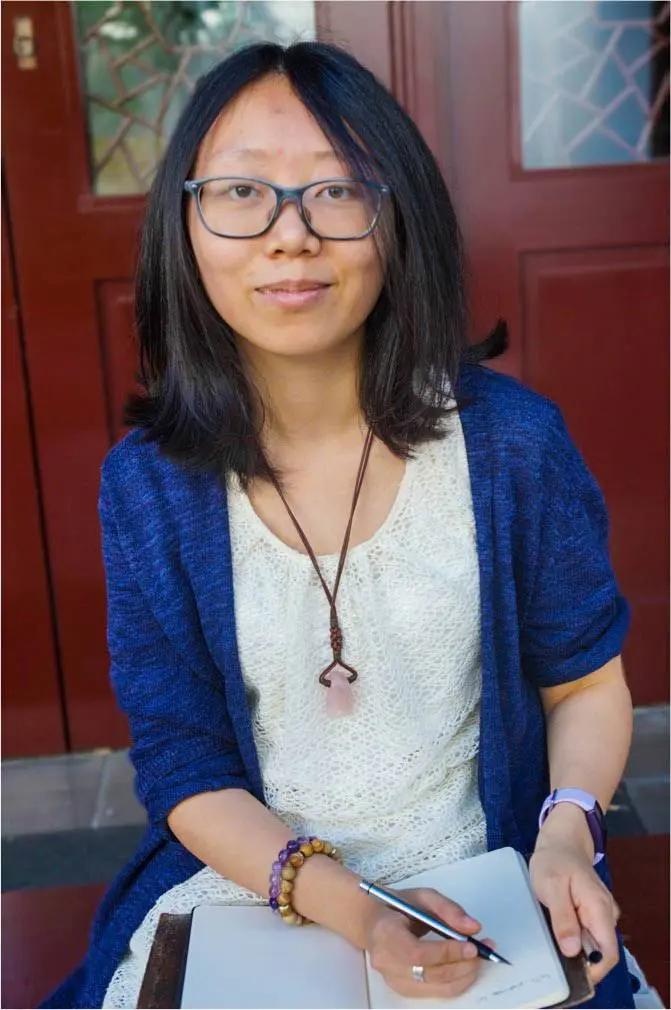The British Museum has settled a dispute with Canadian writer Yilin Wang, agreeing to reinstate her translations of Chinese-language poems by early-20th-century feminist revolutionary and poet Qiu Jin to its exhibition “China’s Hidden Century”—this time with permission and full credit.
As part of the settlement, the British Museum issued a statement apologizing to Wang for “the oversight” and reaffirming its recognition of the importance of translation copyright. It will be creating a new policy regarding the clearance for use of translations to ensure that all translators are properly credited on future projects.
“The museum is reviewing the permissions process it has in place for temporary exhibitions, particularly with regard to translations, to ensure that there is a timely and robust methodology underpinning our clearance work and our crediting of contributors going forward,” the statement said.
Wang, who is working on a book-length translation of Qiu’s poetry, discovered the museum’s use of her translations in June, as part of her ongoing research into Qui’s life. (An advocate for women’s rights, Qiu ran a school dedicated to the overthrow of the Qing dynasty; authorities executed her at age 31 in response to her revolutionary activities.)

Qiu Jin in Kimono. Collection of the Wisconsin Historical Society, WHI-111120, Carrie Chapman Catt diaries and photographs 1911-1912.
When Wang realized her translations were included in the British Museum’s exhibition, she accused the museum of copyright infringement, and called for the institution to remove her words unless she was properly credited and compensated.
The museum, which received a £719,000 ($949,370) grant from the Art and Humanities Research Council in support of the exhibition, had used Wang’s translations in a variety of different ways. The poems appeared in a video projection, in the wall text, and in both the digital and audio guides to the exhibition, all without credit. The exhibition catalogue also included the translations, still without permission, albeit with one credit.
After Wang contacted the museum, it promptly removed not only the translated poems, but the original Chinese text as well. The institution claimed it was only doing as Wang had asked, and insisted it could not reinstate the excised material.
But the dispute had kicked up something of a furor on Twitter, and Wang launched a Crowd Justice page to raise funds for legal representation to take on the museum directly. Armed with £19,200 ($24,400), she hired Jon Sharples of the London firm Howard Kennedy LLP, and threatened to sue the museum.
Hey everyone, I am glad to share that I have reached a settlement with the British Museum! Thank you so, so much for your support throughout this.
Here’s my update on the matter:https://t.co/iE2yTmkMfP
— Yilin (she/they) is @ yilinwriter everywhere (@yilinwriter) August 7, 2023
Faced with legal action, it didn’t take long for the institution to change its tune.
“The British Museum’s director, Hartwig Fischer, reached out to me to make a proposal essentially matching the reasonable terms that I had proposed to them several times before launching my legal fundraiser,” Wang said in a statement. “I appreciate that the museum has come around. It is frustrating that this did not happen until I went through all the trouble to fundraise and obtain legal representation.”
In her fundraising campaign, Wang had promised to put 50 percent of any settlement funds toward establishing a Chinese poetry translation mentorship program for people of color. As part of the settlement, the British Museum agreed to double their standard license fee payment to help make this possible.
“I have reached out to a literary organization to propose a series of translation workshops for and led by BIPOC/racialized translators, where at least one workshop will focus on the translation of Sinophone poetry,” Wang wrote. “I hope my donations can help fund a series of workshops with a focus on feminist, queer, and decolonial approaches to translation, in honor of Qiu Jin.”
More Trending Stories:
JTT, the New York Gallery Known for Minting Star Artists, Is Closing After More Than a Decade
How the Many Dilemmas of Hannah Gadsby’s Anti-Picasso Show Feed Our Contemporary Cultural Doom Loop

























